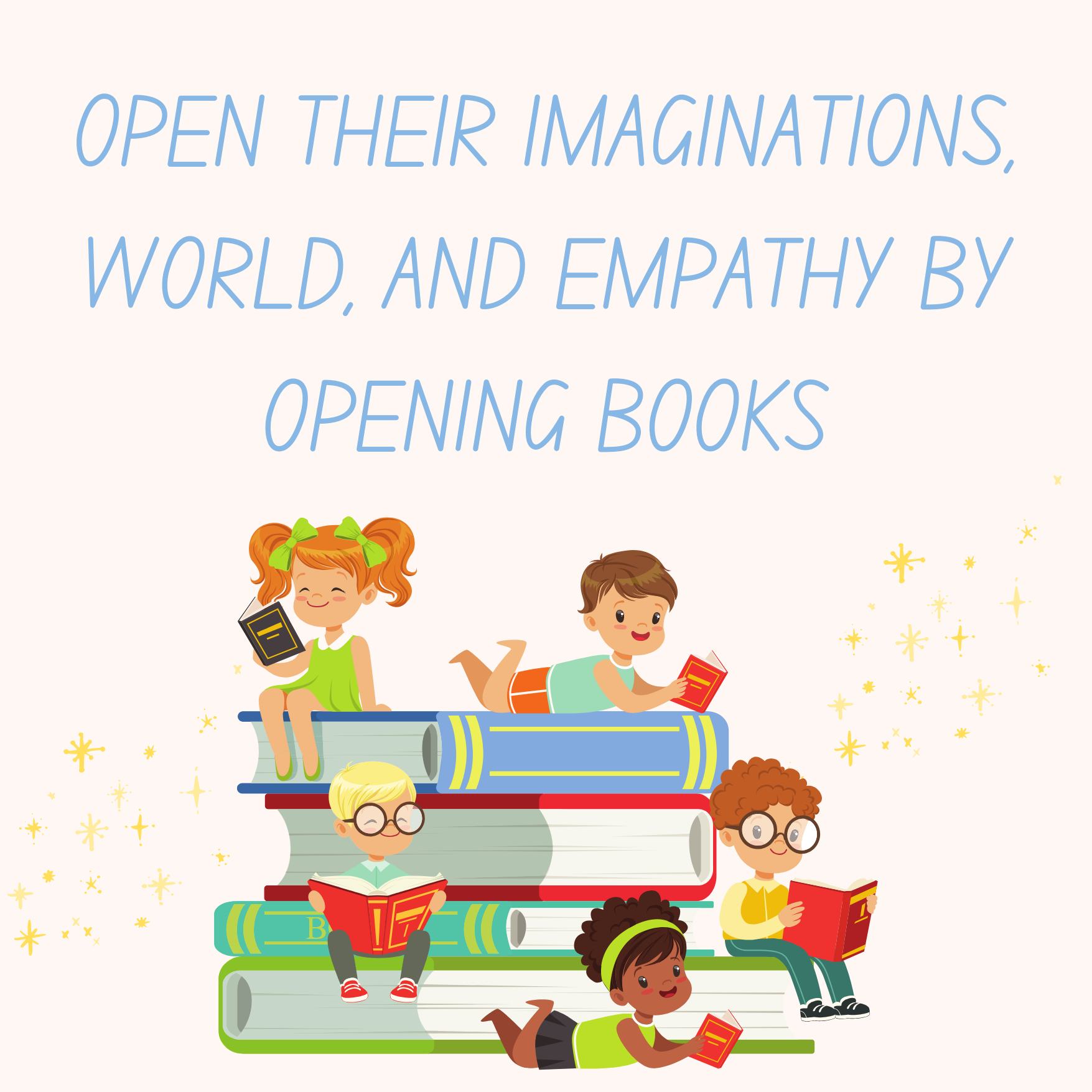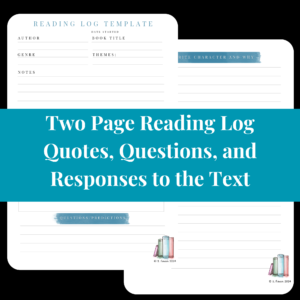Let’s celebrate International Children’s Book everyday by reading with our next generation of leaders!
Reading has statistically proven to improve the academic and social well-being of children, which carries into adulthood.
The earlier you start the better, but you’re never too late to bring books into your life or into those of your children!
For younger children, start by finding a book that excited you when you were young. If you discovered reading later or are just discovering it now, find a story you want to share with our child.
If you are excited about a book, your child will feel that excitement as well.

Benefits of Reading With Your Children
I recently read an interesting article from Children’s Bureau about how reading regularly inspires lifelong learning, “can help with language acquisition, communication skills, social skills, and literacy skills.” When you read to your child, you’re not just teaching them vocabulary, phonetics, storytelling, problem-solving, critical thinking, empathy, and helping to build millions of neural pathways in their brain, you are building connections with your child, increasing the bond between you.
Reading to your child engages their imaginations, memories, language skills, and opens their eyes to worlds beyond their own.
Make reading a habit for you, so your children make reading a habit for them.
S. Faxon Tweet X
Start A Reading Routine
Start a routine. Make reading a habit for you, so your children make reading a habit for them.
Establishing a routine is as easy as setting a 15 or 20 minutes block of reading time together as a part of your wind down or weekend morning habits.
When they are young, practice reading aloud with them while you point to the word, so they learn the symbols and sounds of letters.
If your children are older, meet them where they are interested.
Meet Your Children With Their Interests
To find the right book, consider, does this story reflect the values I want to pass to my child? Is this book entertaining or funny? Does it have deep emotional themes about humanity told through a lens your child will love?
What are the interests of your child? Do they like lions, firefighters, fantasy, bears, or bikes? Odds are there’s a book out there for them. Visit your local bookstore, library, or Barnes & Noble (or Amazon), and ask a bookseller or librarian, use that search engine bar to look up those keywords. Finding books on subjects they love, that they understand, or want to learn more about, will hook them to those pages. (This strategy works for teens or adults too).
For teens, are they into Fortnite, Taylor Swift, or dance? Football, science, or fantasy? Take them to a library or to a bookstore and see where they gravitate.
If your child ends up in the comics section, comics ARE books! Comics can feature the same themes, narratives, and literary devices as any novel can, so if your child walks up to you with a stack of mangas or Marvels, embrace their interests and let them read.
Of course, check the content if that matters to you too.

Make Reading Interactive
If your child has challenges toward reading, find resources that will inspire and build confidence for your child. Etsy is a great place to look for individualized, out of the box resources that just might be the difference their reading experience has been waiting for!
Encourage your child to ask questions, make predictions, and discuss the story. Start by asking your child open-ended questions, not questions they can answer with merely a “yes” or “no.” Ask them about:
- What do they think will happen next?
- What character do they identify with?
- What clues has the author left behind to foreshadow what might happen next?
- What do they think of the setting and how is it affecting the characters in the story?
- What’s happened in the story that reminds them of other books, movies, songs or personal experiences?
Making connections to our own experiences when we read allows us to connect on a deeper level with the text, both increasing our understanding of the situation and helping to normalize or understand our own situations.
Make Reading a game!
Have competitions writing lists of rhyming words, to reinforce phonemic awareness, and build vocabulary. Write poetry, have story telling spin-offs where you set a timer and write tales of your own.
Encourage your child to write their own stories, personal journal entries, and letters. Ask them to write about what they’re reading or to use characters from their favorite books or movies to write their own fan fiction.
Writing helps further reading skills, builds empathy, and promotes literacy development.
Make it Sensory
When you pick up a new book, touch the cover, run your fingers over the pages, smell the book. Compare how this book feels and smells to other books you’ve read with your children. Do you and your child have a favorite? How about a least favorite?
Find a stack of stickie notes your child loves so they may make notes, predictions, comments, or collect their favorite quotes. If you or your child would prefer something more structured, here is a simple digital or printable reading log to consider, and here is a more developed digital reading log with many features for you and your young reader to enjoy available in my shop.
If physical books aren’t an option or if you prefer to have an always accessible digital library.
Library books may be checked out on digital apps, Kindle, Barnes & Noble, and Apple are all options for digital books as well. With the digital books, you can make notations, highlights, and bookmarks all along the way just like with a physical book. Incorporate educational apps, websites, and digital resources that support reading skills. Interactive multimedia can enhance engagement and provide additional practice opportunities.
Be Patient and Supportive
Whether we’re a toddler, teen, or adult, we all learn at our own pace. Even if your child is only able to read a paragraph at a time, offer encouragement, praise effort, and celebrate progress. Keep reading sessions and activities low-pressure to foster a positive attitude toward literature and learning.
Remember that consistency, patience, and a supportive environment are key to helping your child develop strong reading skills. Patience is key as this is a long-term game with immeasurable rewards. Celebrate their achievements along the way and enjoy the journey of learning to love literature together.
Even if your child isn’t as enthused about reading as you initially hoped or planned, don’t give up! Continue to read with them, around them, take them to libraries, get them engaged on sites like Goodreads to incorporate a social media feel to the experience, and surround them with a love of literature!
-Sarah

-
For Educators
How to Write Fiction Creative Writing Unit for Teens
Rated 0 out of 5$24.99$19.99 Add to cart -
Uncategorized
Digital Reading Journal – Latte Cover with Pink Rings
Rated 0 out of 5$12.99$9.99 Add to cart -
Uncategorized
Digital Reading Journal – Blue Cover with Gold Rings – Horizontal Spread
Rated 0 out of 5$12.99 Add to cart






